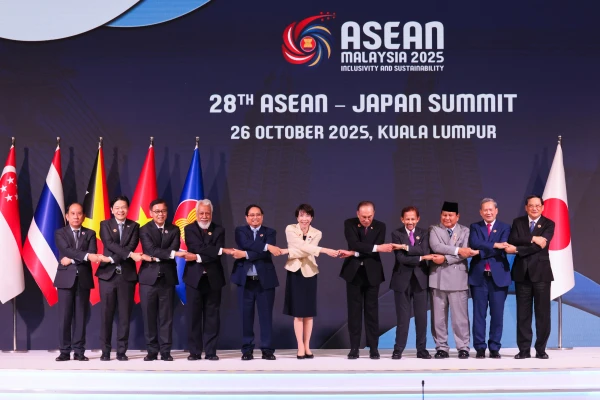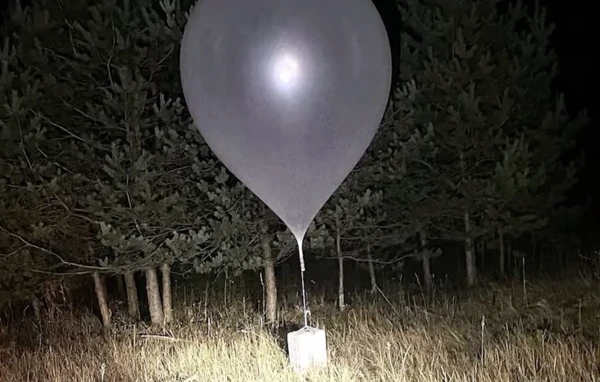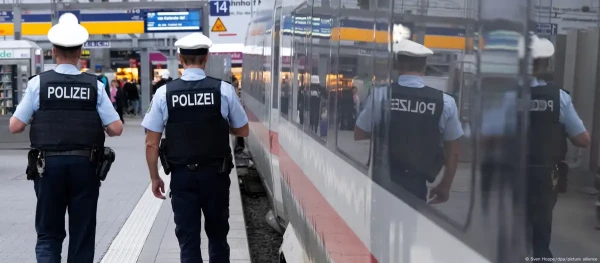
The governments of European Union countries have agreed to restrict the movement of Russian diplomats within the bloc, reports the Financial Times, citing LETA referencing the BBC.
The publication indicates that this decision has been made in response to the increasing number of attempted diversions in Europe. Intelligence agencies note that diversions are often organized by Russian spies operating under the cover of diplomatic missions.
The Financial Times reminds that Russian agents are increasingly accused of provocations against NATO countries — from arson and cyberattacks to diversions at infrastructure facilities and drone incursions. Intelligence agencies in EU countries have concluded that a coordinated campaign to destabilize states actively supporting Ukraine is underway.
According to the proposed rules, Russian diplomats working in EU capitals will have to notify the governments of other countries in advance about their travel plans before crossing the border, writes the Financial Times.
The newspaper notes that this initiative, put forward by the Czech Republic, has become part of a new sanctions package. Sources from the Financial Times reported that Hungary, which had been the last country opposing the sanctions package, ultimately withdrew its veto. However, the introduction of sanctions may be delayed due to ongoing disagreements regarding Austria's demand to allow the use of certain Russian assets to compensate for fines imposed by Russia on the Austrian bank Raiffeisen.
Negotiations are scheduled to continue on Wednesday.














Leave a comment